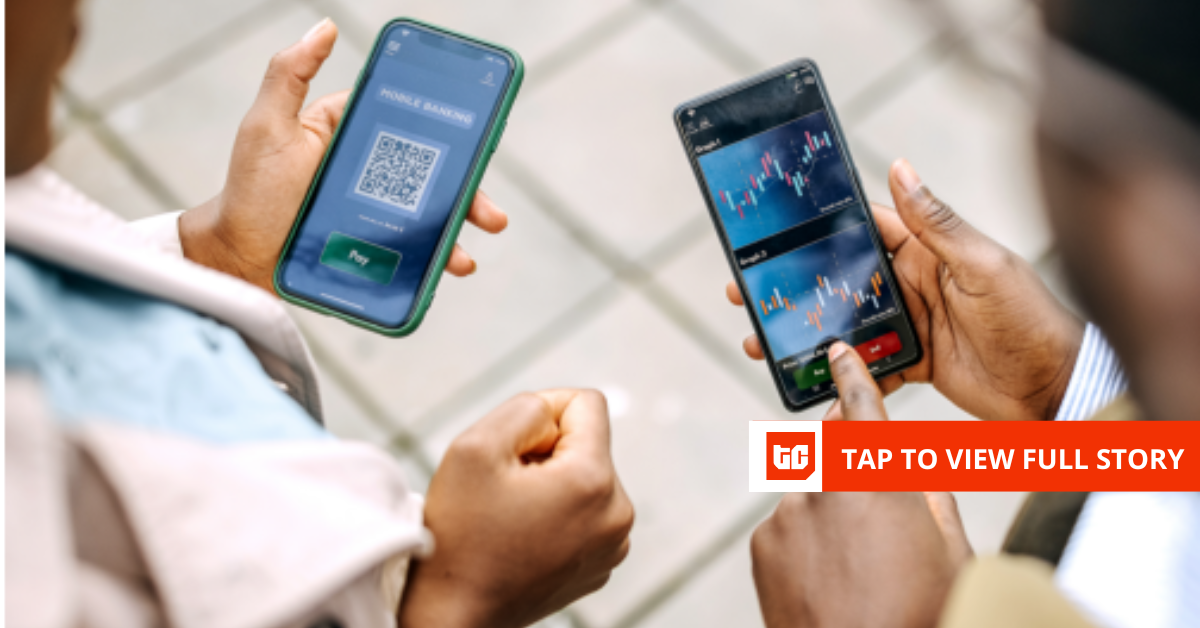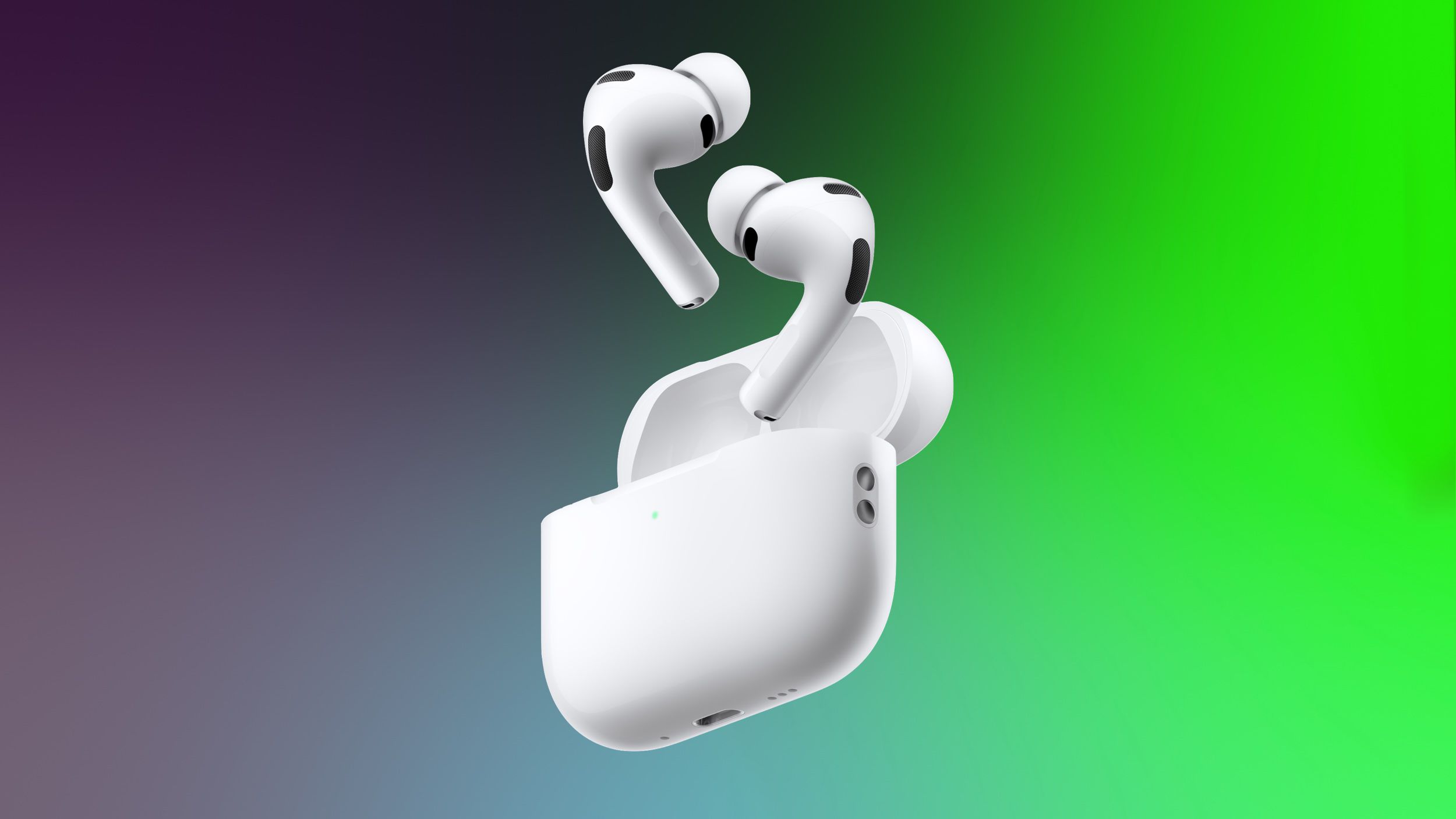In a recent white paper, Standard Bank, South Africa’s biggest lender, called for mobile money to be integrated into traditional banking systems, a move it says could make payments faster, cheaper, and more accessible. For everyday customers, that would mean real-time transfers between mobile wallets and bank accounts, fewer costly intermediaries, and a financial ecosystem that matches the way people actually live and earn.
The bank’s Payments in Africa report comes at a time when sending money through traditional channels is often slow and cumbersome. A transfer sent on a Friday may not arrive until Monday night, or even Tuesday, unless the sender pays extra fees. Limited branch access, rigid operating hours, and documentation-heavy processes further restrict access for gig workers and informal earners outside the banking mainstream. In a region where economic activity does not pause for weekends, financial access needs to be 24/7.
“We need to enable seamless transactions between mobile money users and those with traditional bank accounts,” said Nthabiseng Mohale, Standard Bank’s head of interbank and domestic payments, in an interview with . “For example, if someone holds funds in a mobile wallet, can they easily transfer money to a recipient with a conventional bank account? That’s the kind of integration we need to work toward.”
Mobile money has already transformed how Africans move money. In 2024, sub-Saharan Africa processed more than 80 billion mobile money transactions worth $1.1 trillion, according to the white paper. Kenya alone accounted for nearly 30 billion. Yet, despite its dominance, mobile money largely operates in silos.
South Africa’s mobile payments story is unlike much of the rest of the continent. With a more developed banking sector, high card penetration, and widespread ATM and POS networks, mobile money has struggled to gain the same traction it did in Kenya or Ghana. A rigid regulatory environment also made it harder for new entrants. With all these challenges, the mobile money market is steadily growing.
In 2023, South Africa recorded 3.4 million active mobile money accounts, driven by rapid fintech innovation and efforts to expand financial inclusion. Leading players include VodaPay, TymeBank, and MTN MoMo.
“Most mobile money platforms only let you transact within their own ecosystem,” said Mohale. “If you want to send money to a bank account, you often have to withdraw cash or go through a manual deposit process”, said Mohale. Banks face the same limitations in reverse.
Standard Bank argues that integrating instant payment systems would allow these platforms to communicate directly, letting customers send money seamlessly across systems, whether wallet-to-bank or bank-to-wallet.
For consumers, the impact could be far-reaching: farmers paid instantly by agribusinesses, gig workers accessing wages at spaza shops in real time, and governments disbursing social grants without leakage. It could also bring the continent’s 400 million unbanked adults closer to the formal financial system.
“I believe that institutional partnerships with the players in the mobile payments ecosystem will allow traditional banks to co-create solutions that accelerate and facilitate payments for the unbanked,” said Ali Khan, head of structured payments solutions at Standard Bank CIB.
Still, challenges remain. Cybersecurity risks, digital literacy gaps, and uneven rural connectivity could slow down adoption. But with APIs, industry partnerships, and regulatory support, Standard Bank believes the continent can build a payments system that is inclusive by design.
Mark your calendars! Moonshot by is back in Lagos on October 15–16! Join Africa’s top founders, creatives & tech leaders for 2 days of keynotes, mixers & future-forward ideas. Early bird tickets now 20% off—don’t snooze! moonshot..com










